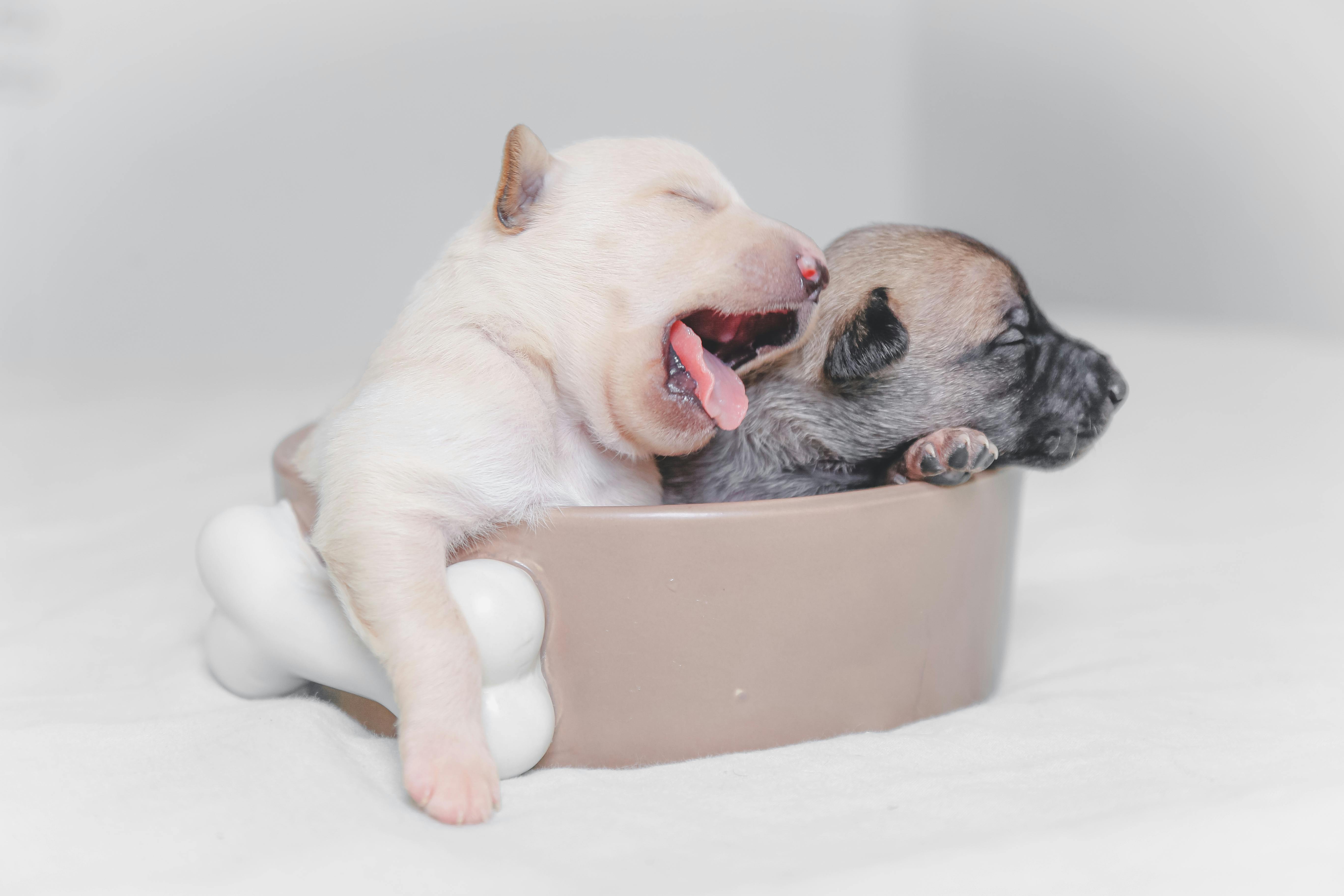
Choosing a male or female Yorkshire Terrier
As a prospective Yorkshire Terrier buyer, one of the first decisions you need to make is determining whether a male or female dog is the best choice for you.
There are certain characteristics that most male and female Yorkies will have, and knowing these characteristics will help you make the best decision.
Even if you plan to spay or neuter your Yorkshire Terrier, it is important to consider the characteristics of both male and female dogs, as they will still be present even after the procedure, although the characteristics will not be as pronounced.
Avoid the temptation to simply choose the “cutest” pup or the older Yorkie when choosing among Yorkshire Terrier breeders, and try to determine which breed will be best for you and your family.
males
One of the most obvious physical characteristics of the male dog is that he is generally larger than females of the same breed and eats more. Males are heavier, taller, and stronger than female dogs, although this can be particularly concerning in larger dog breeds. Typically the difference in size will be only a few inches in height, but can be more substantial in weight. Male dogs tend to eat significantly more food than non-pregnant females.
Teacup Yorkies, being so small, tend to eat less, but keep in mind that Teacup Yorkies are not a recognized breed.
Male Yorkshire Terriers can be more aggressive and independent than female dogs. Again, this is a more important consideration in larger breeds than in smaller breeds. Some male Yorkies tend to be more difficult to handle in small, confined areas and often do not socialize well with other males. This will be particularly true if there are female dogs in the area that are in heat.
A male Yorkshire Terrier will often form a closer bond with one person, while a female dog tends to bond equally with many people.
Male Yorkshire Terrier puppies will develop sexually faster than females and will show sexual tendencies at a younger age. This is a concern if there are other dogs in the house or in the neighborhood that could go into heat. Male dogs will tend to roam, as they can scent females in heat for many miles and, if allowed, may even be gone for days at a time in search of females. Neutering your male Yorkshire Terrier will help minimize this problem.
It is possible for the male to become very possessive of the female, even with humans. This may be a concern if he has young children at home or if he doesn’t have dogs in the kennel. Also, the male may become aggressive towards the female if she is not receptive to his advances. Any breeding pair of dogs should be carefully monitored.
Male Yorkshire Terrier puppies tend to be more difficult to train than females and are naturally more independent. They also tend to be more playful and require more exercise. Males can be more difficult to socialize with other animals and other dogs, and need to start socialization training at an early age.
females
Yorkshire Terrier females tend to be smaller than males of the same breed and tend to be less aggressive. However, a female dog guarding a litter of puppies can be just as aggressive as a male. A female Yorkshire Terrier with her first litter should be carefully monitored for the first few weeks, to see how protective she becomes of the puppies.
Females will come into heat at least twice a year for approximately three weeks. During this time there will be a noticeable discharge of fluid from the female, which is designed to attract the male dog. Spaying the female Yorkshire Terrier will prevent this from happening. If the female is to be used for reproductive purposes, there are products on the market designed to address this problem.
Female Yorkies tend to be less excitable and easier to train. However, they can easily become intimidated or timid if treated harshly or scolded in a harsh or angry tone of voice. Female dogs tend to bond with many people. They can be less protective in general than male dogs, however they are also easier to socialize with other animals.
Bitches will fight with other females, but tend to get along with males. Typically, a group of female dogs will establish a hierarchy and bond with each other after the initial pecking order is established.
similarities
With both male and female dogs, it’s important to consider the amount of time, attention, and effort that will go into training the dogs and socializing them afterward. Both males and females require the same amount of exercise, training, feeding, general care, and love. In addition, regular veterinary checks and annual vaccinations will be required for both sexes.
Deciding on a male or female Yorkshire Terrier is largely a personal decision. Unless the dog is being used for breeding purposes, spaying or neutering the animal should be considered as soon as recommended by your veterinarian, to avoid unwanted pregnancies and puppies.
Remember that professional Yorkshire Terrier breeders are also a great source of knowledge.